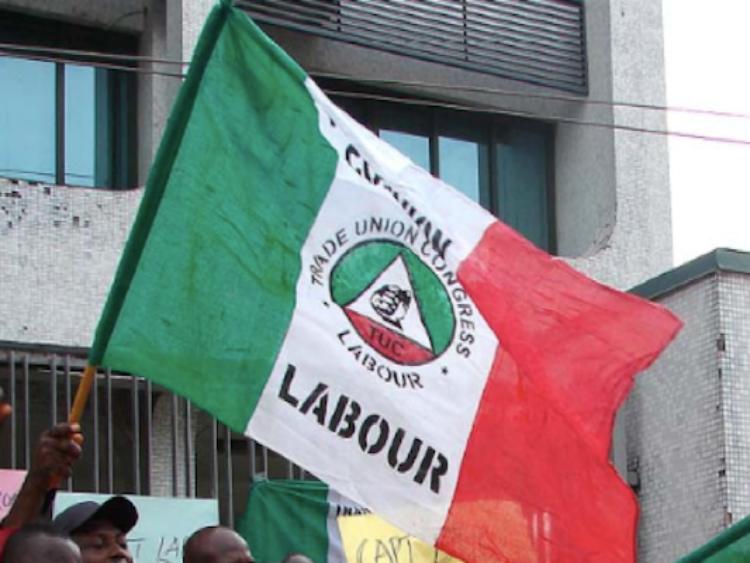An industrial crisis at the instance of the Nigerian Labour Congress (NLC) may be looming in Kano State over the failure of the government to pay workers’ salaries as and when due, as well as the notification to stop the payment of the new minimum wage of N30,000.
In the first instance, civil servants in the state were forced to receive part payment of their salaries for the months of November and December 2020. Also, earlier in May last year, the same issue of part payment was carried out in the state even as then, the exercise affected only political office holders who were short paid by 50 per cent across board. In both instances of May and November-December, 2020, the government had cited financial squeeze due to the COVID-19 pandemic.
- FG’s move to borrow from unclaimed dividends, dormant accounts
- 2021 budget: FG to borrow N850bn from unclaimed dividends, dormant accounts
Clarifying the situation in May 2020, Abba Anwar, the Chief Press Secretary (CPS) to the state governor, had cited the twin factors of dwindling allocation from the federation account and diminishing collection of Internally Generated Revenue (IGR) by the state. According to him, the pay-cut was to affect all political office holders including the governor, deputy governor and all other public office holders even at the local government level.
In a further development, the state government has stated its intention to stop payment of the new minimum wage of N30,000 per month and continue with the old rate of N18,000 citing the ongoing recession in the country. This was revealed by the Special Adviser to the governor on Media, Sailsu Tanko Yakassai. Meanwhile, the intention of the state government to decline payment of the new minimum wage constitutes a volte-face in the light of its commitment to pay as passed into law in 2019.
However, in response to these developments, the Nigeria Labour Congress (NLC) has stepped in with a warning to the government to desist from further short payment of workers to avoid an industrial action. The state chairman of the NLC, Kabir Ado Minjibir, said: “We strongly rise against the deduction of workers’ salaries by the Kano State government with no reason given or without giving notice.” He further urged all the state branches of the affiliate unions of the NLC to resist the efforts of the government to impose further pay-cuts on workers.
Although CPS Anwar had assured in May that the salary cut then would be temporary, its repeat in November and December in respect of civil servants, and the new dispensation whereby the state is stopping the payment of the new minimum wage, largely confirm that the Kano State government may have lapsed into the grip of severe financial insolvency with the consequence of inability to meet its legitimate obligations to its workers. Such a scenario cannot be said to be anything other than disturbing.
Incidentally, the same situation of financial insolvency may have gripped several other state governments who manifest similar failure to pay workers’ salaries in recent times. Typical examples include Niger state which also cited the pandemic as their reason. Seen in perspective, however, the situation of insolvency of state governments and the play-out of same weakness in the failure to pay their workers, is not a recent outrage. It had been a regular scenario in the fiscal operations of the typical Nigerian state government, even before the COVID-19 pandemic. Granted that the pandemic unleashed a complement of constraints and privations to institutions and authorities across the globe and massively stifled business and financial flows, citing it by Kano State and its co-travellers may provide some alibi. However, considering that the situation predates the pandemic, blaming it for this failure in governance constitutes more of opportunism by the affected states.
The trending situation confirms the long-held advocacy that the country’s public finance sector, especially as it affects the remunerations of workers, has much to be desired. However, that is not enough reason for the NLC to engage in sabre rattling in Kano. A meeting point between the state government and labour can still be fostered to achieve an amicable resolution.
Editor’s Note:
This editorial has been updated to correct an earlier version that erroneously listed Kaduna State as one of the states that are yet to implement the N30,000 minimum wage. We have discovered that the state only implemented a salary cut for two months during the pandemic last year. We regret the mix-up.

 Join Daily Trust WhatsApp Community For Quick Access To News and Happenings Around You.
Join Daily Trust WhatsApp Community For Quick Access To News and Happenings Around You.


